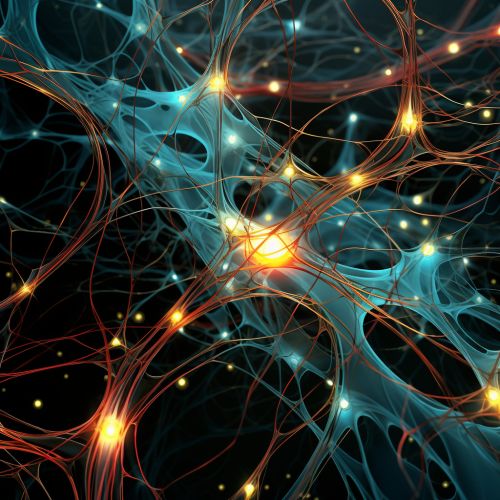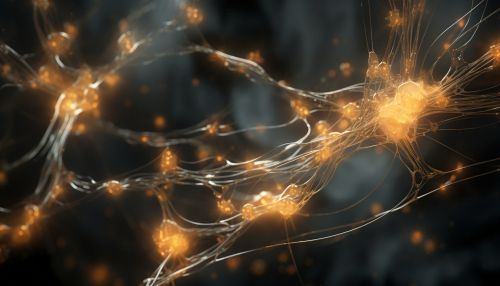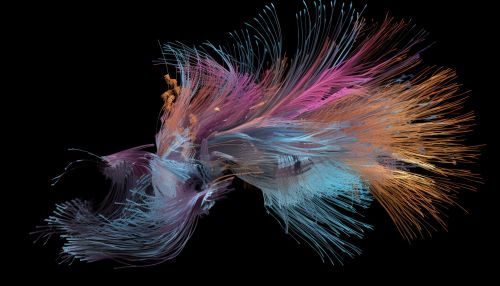Hippocampus
Anatomy and Structure
The hippocampus is a complex structure located within the medial temporal lobe of the brain. It is part of the limbic system, a group of structures involved in learning, memory, and emotion. The hippocampus is shaped like a seahorse, from which it derives its name (hippocampus is Greek for 'seahorse').


The hippocampus is divided into two halves, one in each hemisphere of the brain. Each half is further divided into several regions: the dentate gyrus, the hippocampus proper (which includes CA1, CA2, CA3, and CA4 regions), and the subiculum. These regions are interconnected in a loop, allowing for complex signal processing and transmission.
Function
The primary functions of the hippocampus are related to memory and spatial navigation. It plays a crucial role in the formation of new memories, a process known as long-term potentiation. This involves the strengthening of synaptic connections between neurons, which is believed to underlie learning and memory.


In addition to memory, the hippocampus is also involved in spatial navigation. It contains 'place cells' that fire when an individual is in a specific location, and 'grid cells' that fire in a grid-like pattern as an individual navigates through space. These cells help to create a mental map of the environment.
Disorders and Diseases
Damage to the hippocampus can result in a variety of disorders and diseases. One of the most well-known is amnesia, specifically anterograde amnesia, which is the inability to form new memories. This condition was famously studied in the case of patient H.M., who had his hippocampus removed to treat severe epilepsy.


The hippocampus is also implicated in several neurodegenerative diseases, such as Alzheimer's disease and other forms of dementia. In these conditions, the hippocampus is often one of the first regions of the brain to show signs of damage. This results in memory loss and disorientation, among other symptoms.
Research and Future Directions
Research on the hippocampus continues to be a vibrant field of study. Current research topics include the role of the hippocampus in stress and anxiety, its involvement in mental disorders such as depression and schizophrenia, and its potential for regeneration and repair.


Future directions for hippocampus research include the development of treatments for diseases associated with hippocampal damage, as well as the exploration of the hippocampus's role in complex cognitive processes such as imagination, creativity, and consciousness.
